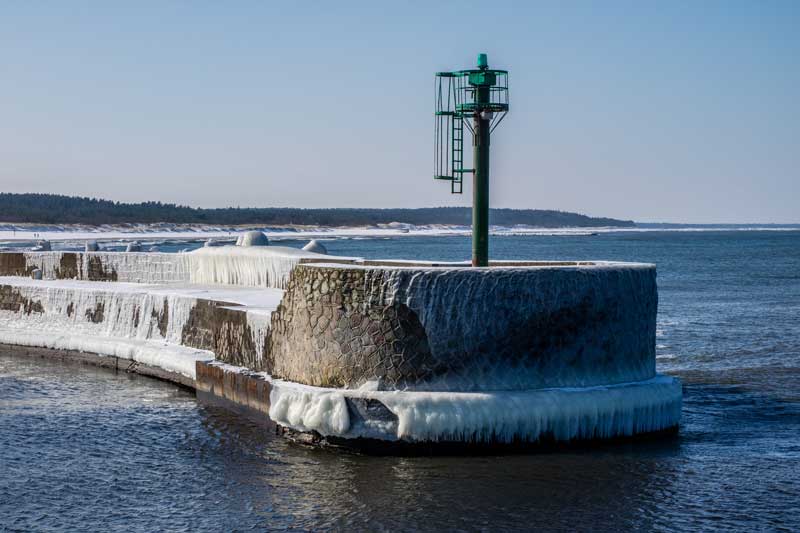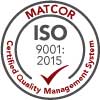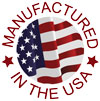A MATCOR customer recently inquired about mixed metal oxide (MMO) anodes for low temperature seawater environments amid a concern over the formation of chlorine hydrates.
This article describes a special low temperature MMO anode formulation that addresses these concerns. MATCOR is currently working on two projects that will potentially benefit from this modified MMO anode.

What concerns are there over the use of MMO anodes in cold water environments?
As a general rule, MMO anodes perform exceptionally well in chlorinating environments such as seawater. Almost all MATCOR anodes are manufactured using a standard MMO coating formulation that is designed to operate efficiently in a wide range of electrolytes and environments.
In low temperature seawater, however, there is the possibility that high localized concentrations of chlorine can be formed in conjunction with a significantly reduced pH environment.
Chlorine hydrate is a chlorine molecule caged in 8 molecules of water. The generation of chlorine hydrate is strongly related to localized mass transport limitations which are greater at lower temperatures. There is no direct impact of chlorine hydrates to the titanium anode substrate or the anode coating. However, the presence of significant amounts of chlorine hydrate may result in inhomogeneous current distribution due to the differences in the conductivity. This could impact both the effectiveness of the current distribution being applied to the cathodically protected structure, and, over the long term, the wear rate or life of the coating.
Localized factors have a significant effect on the conditions that result in chloride hydrate formation. In addition, the properties of the MMO coating can have an impact.
MATCOR’s standard MMO formulation is suitable for low temperature chlorinated environments.
A modified formulation provides the best anode for low temperature seawater applications
By modifying the formulation, we can lower the oxygen overpotential to promote greater oxygen generation and less chlorine. This modified formulation reduces the quantity of chlorine gas while favoring the generation of oxygen.
This “cold” MMO formulation in low temperatures can be expected to reduce chlorine and boost oxygen generation by as much as 15%.
The other factor that has a large influence is current density, as it is this current density that determines the quantities of both oxygen and chlorine gas that are evolved. Reducing current density reduces the quantity of chlorine gas being generated.
In summary, MATCOR’s standard MMO coating formulation is a broad-based formulation that works in a wide range of electrolytes.
For areas of significant concern due to a combination of low temperature electrolyte and high current density, a special low temperature formulation is available. This formula reduces chlorine generation in favor of oxygen, helping to reduce any concerns over low temperature and chlorine hydrate formation.
If you have questions, or would like information on MATCOR’s special MMO anodes for low temperature applications, please contact us at the link below.






